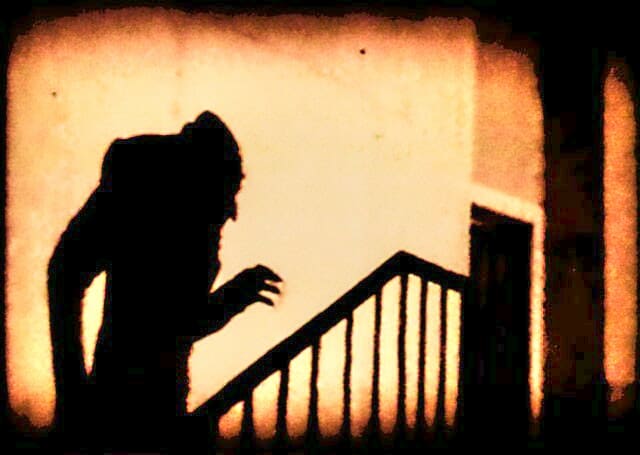Strange but true: As far as your body is concerned, all great music is the equivalent of a horror film.
“Takes my breath way,” “held me spellbound,” “gave me goosebumps”—these are the physical reactions we crave in music.
These reactions are also literally our physiological fear responses.
How does music transform our fears into pleasure?
Let me explain . . .
What is Musical “Sleight of Hand”?
It has to do with one of the Four Elements of Musical Magic: “Sleight of Hand.”
“Sleight of Hand” has to do with “music in time” (as opposed to “World Building”—the abstract “sound” of a passage or piece).
This means that “Sleight of Hand” is roughly equivalent to musical form. But it’s more than that.
Often when people talk form, they think of textbook “Forms”: Sonata form. Binary form. Ternary form. Rondo form. Song form. etc. Or perhaps they describe it using letters to represent repetitions: AABA, ABAC, etc.
Meanwhile, the really ambitious incorporate tonal centers or draw Schenkerian diagrams.
All of these ways of thinking about form are useful, but they can miss the mark. Too often, they reduce form to a question of matching models or filling in boxes.
They can fail to ask questions like, “Why are we filling in boxes in the first place?”
“Sleight of Hand” has an answer for that, and it comes from the field of music cognition.
How Does Music Cognition Research Explain and Expand the Definition?
More than simply another name for form, “Sleight of Hand” is the art of misdirection.
It’s how we, as musical magicians, focus our audience’s attention one way so that we can surprise and delight them with what they’re not seeing we’re meanwhile doing the other way.
Repetition is the great “misdirection” that allows us to create tension and surprise.
According to scholar David Huron, surprise and tension play on our general psychology of expectation—the same psychology which induces flight, fight, and freeze responses to fear.
The physical reactions we crave in music (“takes my breath way,” “held me motionless,” “gave me goosebumps,” etc.) are ironically our bodies’ fear responses. Whether its music (good) or a physical threat (bad), this is how our bodies respond to uncertainty.
Likewise, though the familiar can feel boring, it also feels psychologically safe and reassuring.
The Takeaway
Here’s what this all means for us as composers: If you cannot carefully manage your repetitions, any tension you try to build will end up flaccid and any surprises you try create will come out underwhelming.
This, then, is the meaning of musical “Sleight of Hand”: creating the repetitions that allow for compelling tension and powerful surprises.

Don’t Miss Next Week’s Post
Sign up to stay in the loop about my music—and ideas for your own composing!

